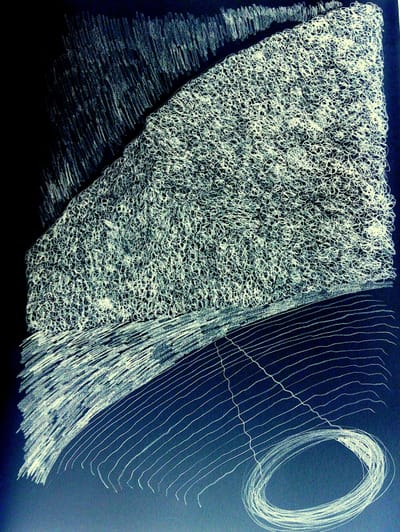Articles #Kripke
The core idea is that concepts have a special feature. One thing can be truly conceived in a variety of ways, even when the different ways of being conceived involve partially or wholly distinct contents. To take a familiar example, suppose being physical and being mental are two different natures or fundamental ways of being a thing. Descartes thought these two kinds of natures are so different that they are incompatible: if something is physical, it can’t be mental, and vice versa. Spinoza argues that if being physical and being mental are just two different ways of conceiving one and the same thing, then a spatially extended thing could also be thinking. Continuing the End Times series, Richard Marshall interviews Sam Newlands
Read MoreI have written much — much too much — about nominalism. I keep trying to get away from it, but I keep being drawn back by invitations to contribute to volumes on this or that. Nominalism in modern philosophy of mathematics is the view that denies, for philosophical reasons, the truth of the standard existence theorems in the subject, beginning with Euclid's on the existence of infinitely many primes. According to this view, Wiles's proof (of Fermat's conjecture) that for n > 2 that there are no two numbers that are nth powers and whose sum is also an nth power is in one sense superfluous, since philosophy has already established that there are no numbers at all. Continuing the End Times series, Richard Marshall interviews John P Burgess
Read More
